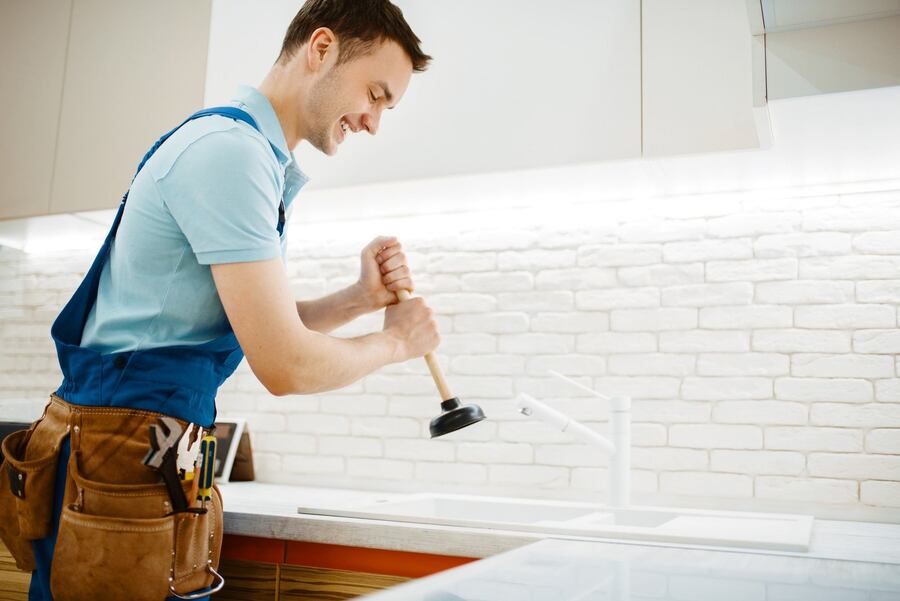Call This Sunday to Get $50 OFF
Call us today
214-943-2424

Having noisy plumbing can be an irritating experience, especially if you don’t know the cause or how to solve it. Having someone come check out your plumbing can solve your issues. In order to contact a professional in a timely manner, it’s important to detect the common signs you might encounter while dealing with plumbing issues. Here are some common causes of noisy plumbing and details on when you might need a plumbing repair service.
One frequent plumbing noise is a loud banging or hammering sound that occurs when you close a faucet or valve. This occurrence is referred to as "water hammer," happening when the flow of water in pipes abruptly halts or alters direction. The pipes vibrate or bang against walls or other pipes due to the force of the water. Although it may appear benign initially, a water hammer can lead to substantial pipe damage over time. Contact a specialist to arrange for the installation of water hammer arrestors or air chambers in order to dampen the shockwave and minimize the noise.
Hearing whistling or screeching noises is frequently a sign of a pressure problem in taps or valves. Typically, the sound is a result of water moving through a valve or pipe that is partly obstructed or constricted. Texas Rooter offers assistance in determining the specific reason and performs plumbing repair services for issues like replacing defective parts or unclogging obstructions.
Draining noises often indicate a clog or air caught in the pipes. This commonly occurs when there is a slow flow of water in the pipes caused by obstructions, or when the drain vent is obstructed, hindering proper air release. It is important to contact a plumbing service to examine and remove any obstructions if your drains are making gurgling noises often.
Pipes make a rattling noise if they are not securely attached to walls or floor joists. When water flows through the system, the unsecured pipes may shake and produce a rattling noise. Although it may not appear urgent, the continuous movement can eventually weaken the pipe connections, resulting in leaks.
If you hear the sound of water running but no faucets are open, it may signal a concealed leak. This might be a leak within the walls, beneath the floor, or even from a malfunctioning plumbing fixture. Leaks can lead to significant water damage, mold growth, and higher water costs. If you think there is a leak, get in touch with a plumber to come and check it out. Leak detection is a common service provided by professional plumbers to identify and fix issues before they worsen.
If you are not certain where the noise is coming from, it is recommended to seek advice from a plumber. A qualified expert is able to identify the problem and offer the necessary plumbing repair service to maintain the efficiency of your system. Don't wait to contact Texas Rooter for a complete inspection and repair if you have ongoing plumbing noise.
When most people hear the words pipe repair, they picture broken…
Read MoreThe sewer line is a core part of any habitable property, but they're out of…
Read MoreGarbage disposals are designed to make kitchen cleanup easier, not to handle everything that comes…
Read MoreThere’s nothing quite as frustrating as trying to rinse vegetables or wash dishes only to…
Read MoreThere’s something curious about how many people treat plumbing problems – especially in the
Read More